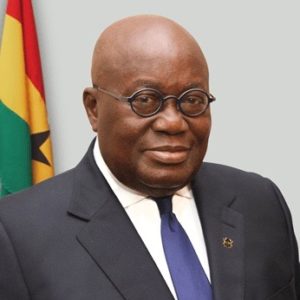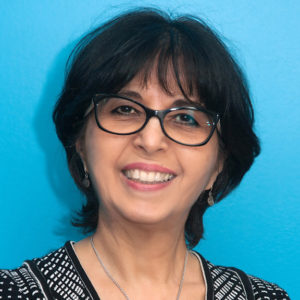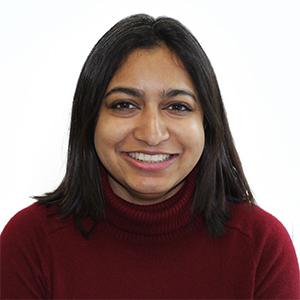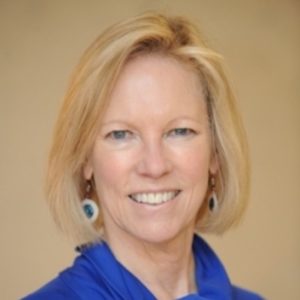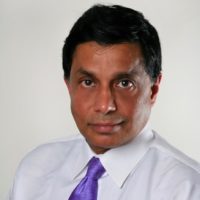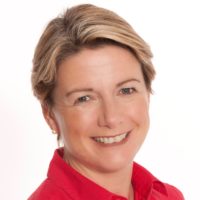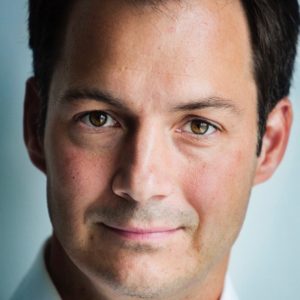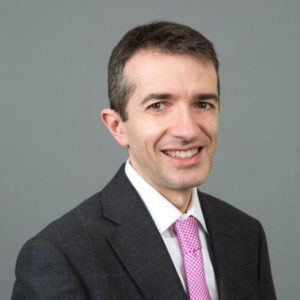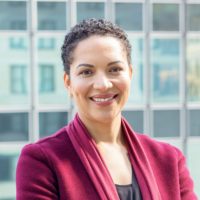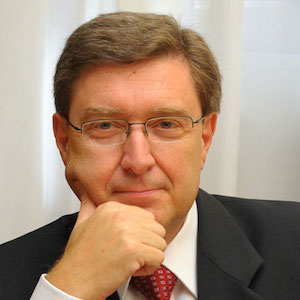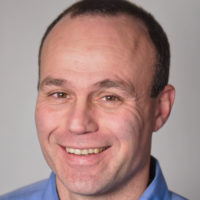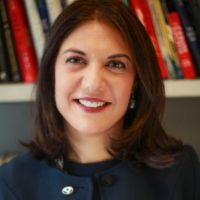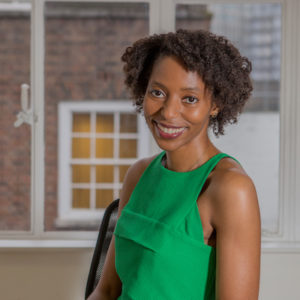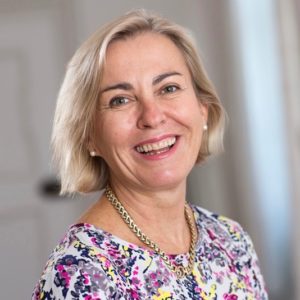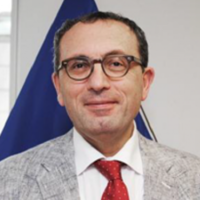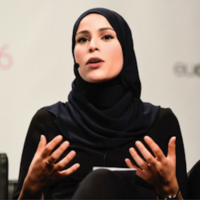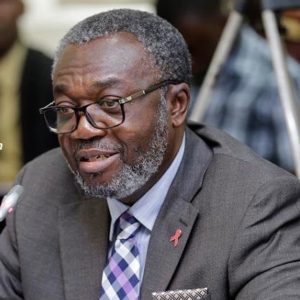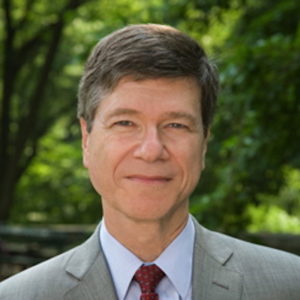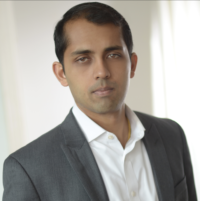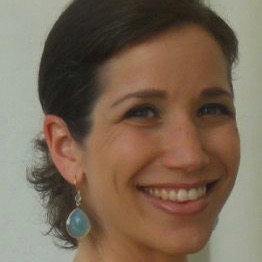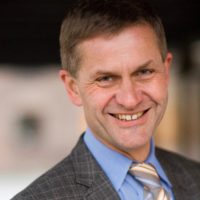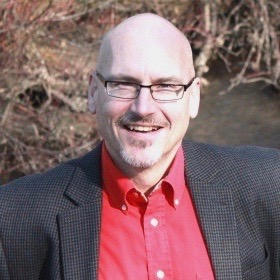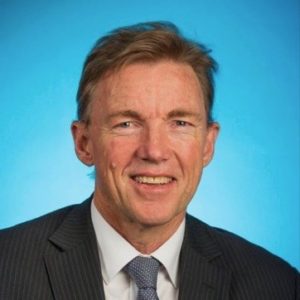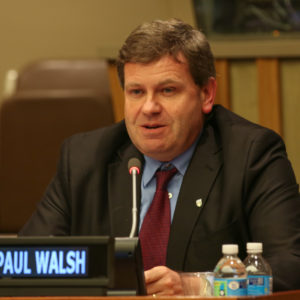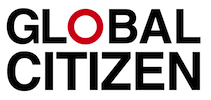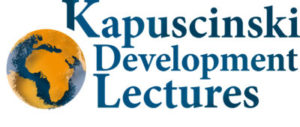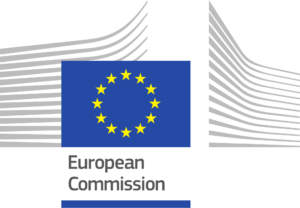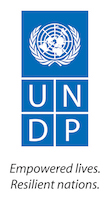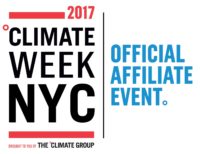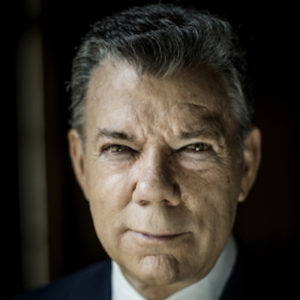
President Santos was born in Bogotá on August 10, 1951. He was a cadet of the Naval Academy in Cartagena, studied economics and business administration at the University of Kansas and took postgraduate courses at the London School of Economics and Political Science and at Harvard University, at the Fletcher School of Law and Diplomacy.
He served as Head of the Delegation of Colombia to the International Coffee Organization (ICO) in London. He has also served as Minister of Finance and Public Credit and Minister of National Defense. In this last position he was responsible for leading the implementation of the Democratic Security Policy.
He founded the Good Government Foundation and in 2005, founded the Party of the U, which is collectively the greatest political force in the country today.
He practiced journalism as a columnist and deputy editor of El Tiempo newspaper. He received the King of Spain Prize and was President of the Commission of Freedom of Expression of the Inter American Press Association (SIP). He has published several books, including The Third Way, which he wrote with former British Prime Minister Tony Blair and Jaque al Terror, in which he describes the hardest blows dealt to the FARC during his period as head of the Ministry of Defense.
On June 20, 2010, after taking the lead in the first round of the presidential election held on May 30, he was elected in the second round as President of the Republic of Colombia for a four year term, between August 7, 2010 and August 7, 2014. He obtained over 9 million votes, the highest obtained by any candidate in the history of Colombian democracy. From his campaign he offered to lead a Government of National Unity that makes the transition from Democratic Security to Democratic Prosperity.
In August 2012, he announced to all Colombians that his Government was advancing a peace process with the FARC.
On June 15, 2014, in the second round and with more than 7.8 million votes, he was re-elected as President of the Republic for the constitutional period 2014 - 2018, with a government plan based on three pillars: Peace, Equity, and Education.
Thanks to his tenacity and determination to achieve peace and reconciliation in Colombia, in 2016 he was awarded the Nobel Peace Prize for his "determined efforts" to end the armed conflict. The Nobel Committee added that the award "is a tribute to the people of Colombia who, despite the great difficulties and abuses, have not lost hope in a just peace, and to all parties that have contributed to the peace process" .
President Santos is married to Mrs. María Clemencia Rodríguez, with whom he has three children: Martín, María Antonia and Esteban.

